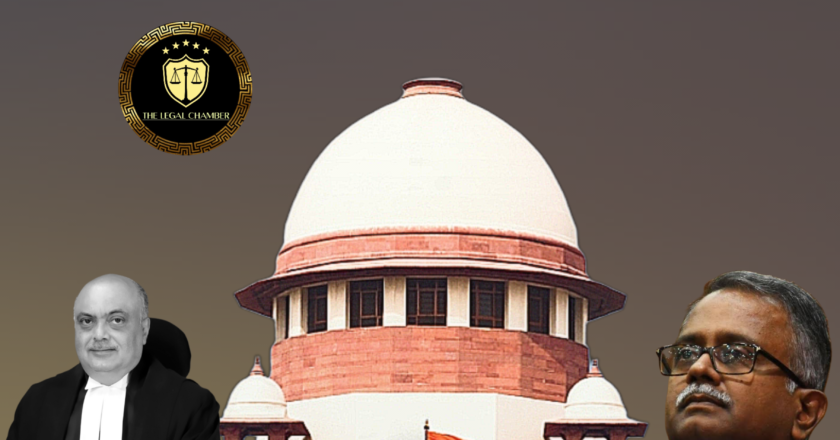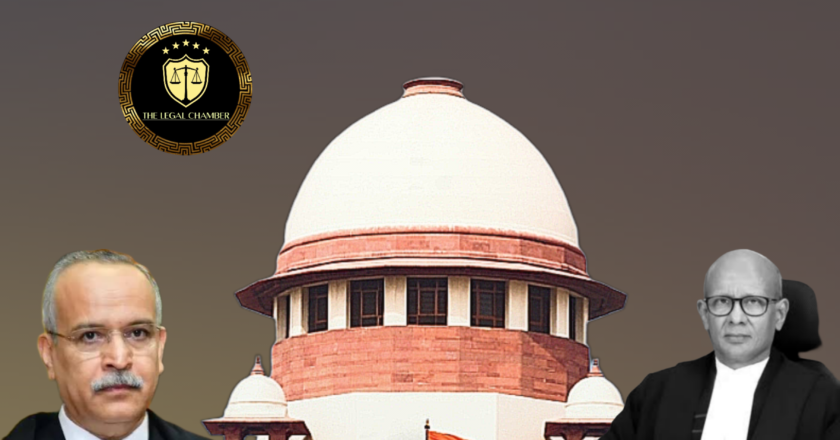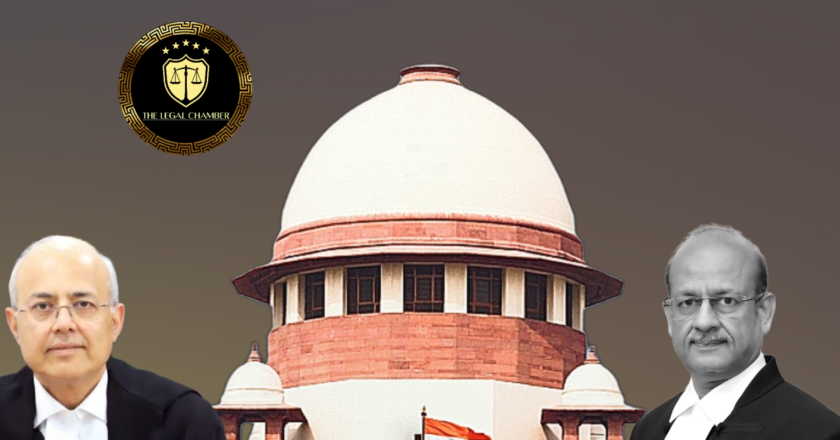Daughter’s Coparcenary Rights Upheld: Supreme Court Sets Aside Review Order
The Supreme Court held that the High Court exceeded its limited review jurisdiction under Section 114 and Order 47 of the CPC. A review cannot re-appreciate evidence or reverse findings as an appeal would. The order under review did not correct a patent error but substituted a view, which is impermissible in review proceedings.
Facts Of The Case:
The case originated from a partition suit (O.S. No. 192 of 2000) filed by Subramani against his father, Munusamy Naidu, concerning ancestral properties. An ex-parte preliminary decree was passed in 2003, dividing the property into two equal shares. The Appellant, Malleeswari, who is the daughter of Munusamy Naidu, was not initially impleaded in this suit. Subsequent to the decree, her father executed a sale deed in favor of the first respo...


